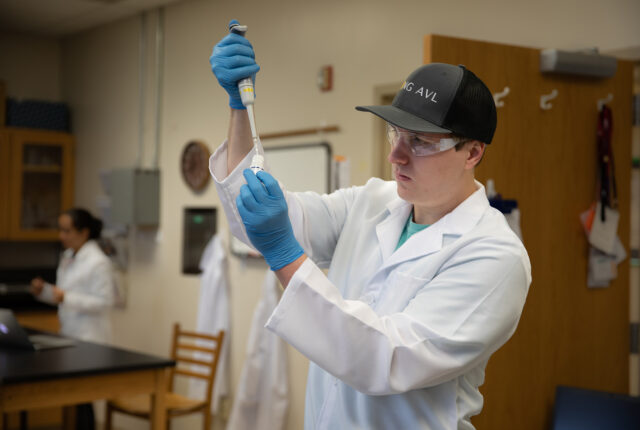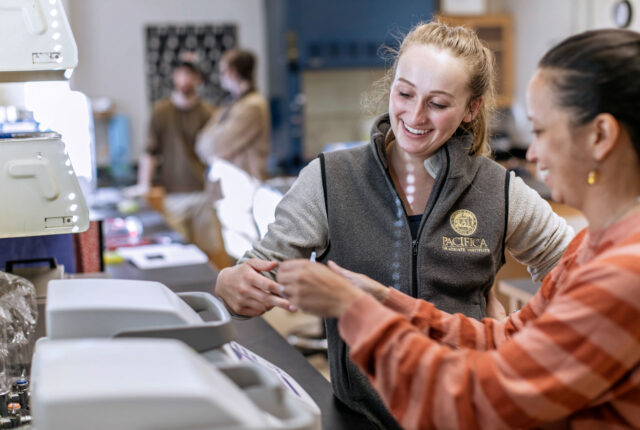What We’re About
As a member of the Genetics Crew, you’ll focus on investigating the conservation genetics of wild plant and animal species and using DNA barcoding approaches to study plant, animal, and microbial communities. Studying genetics, ecology, and evolution provides a terrific framework for channeling your curiosity about biological conservation, molecular biology, and natural history to address innovative questions relating to the evolutionary adaptation, and how wild plant and animal populations may respond to ongoing shifts in climate and land use.

